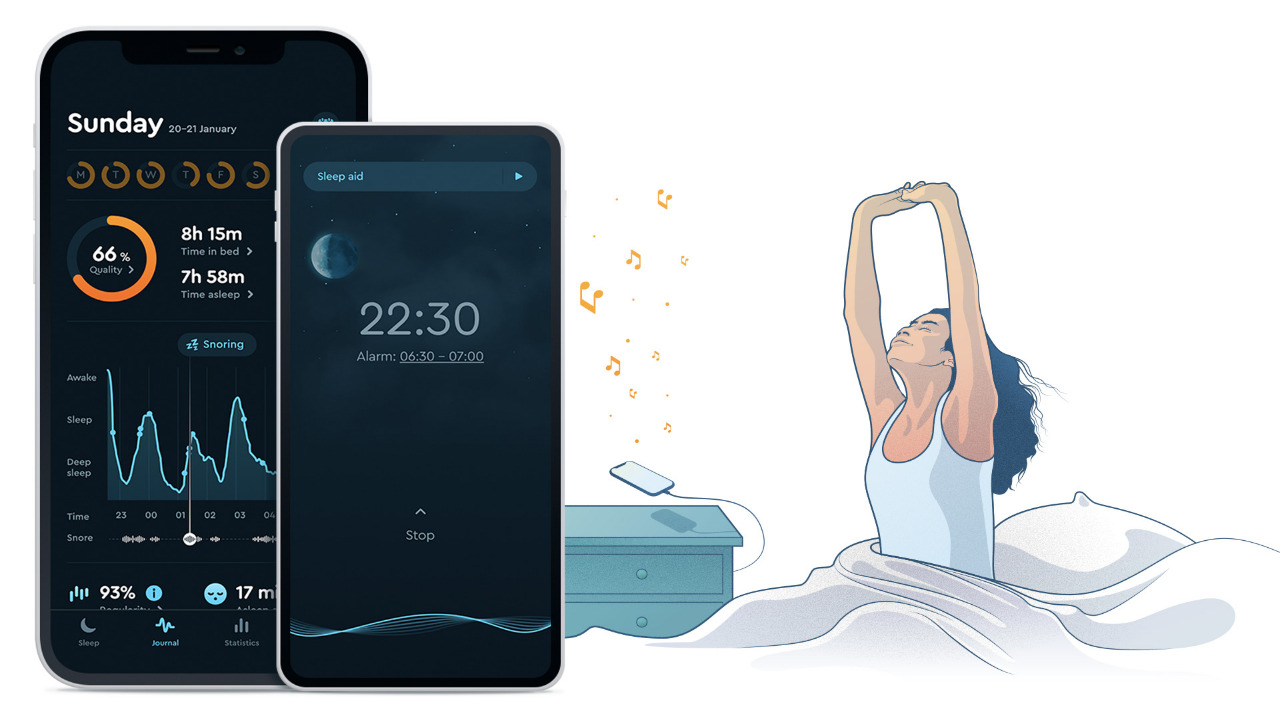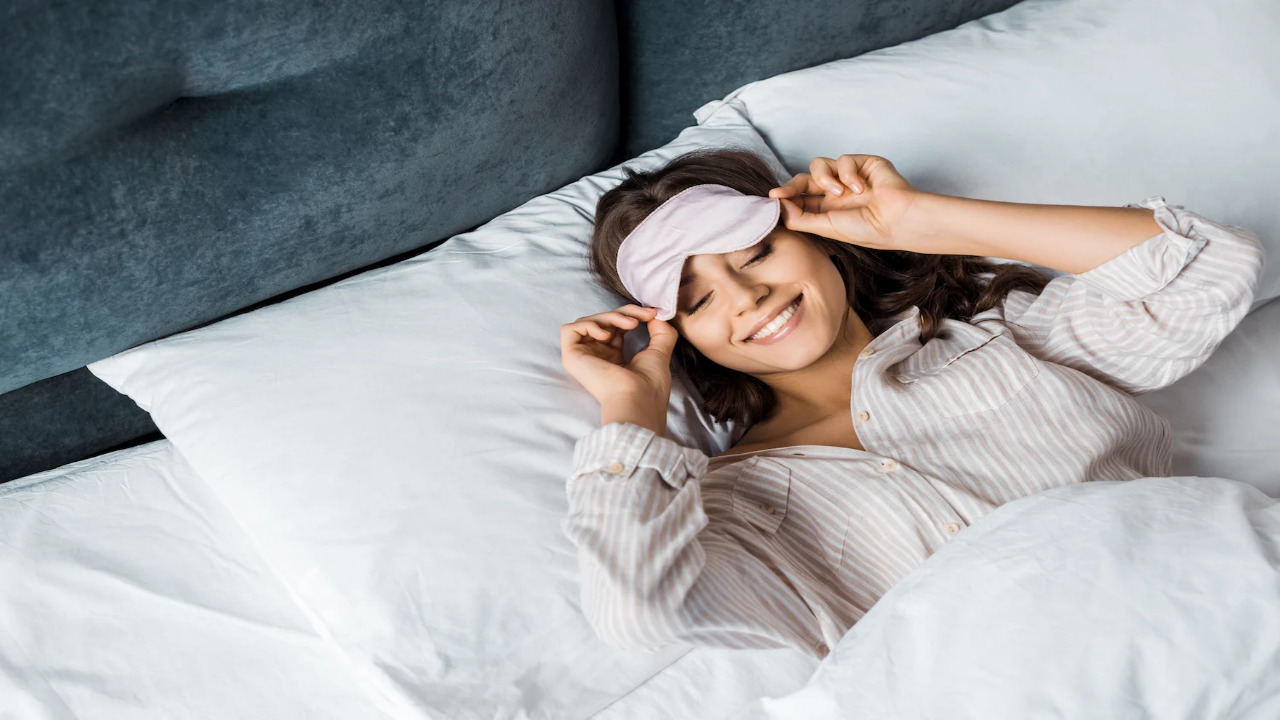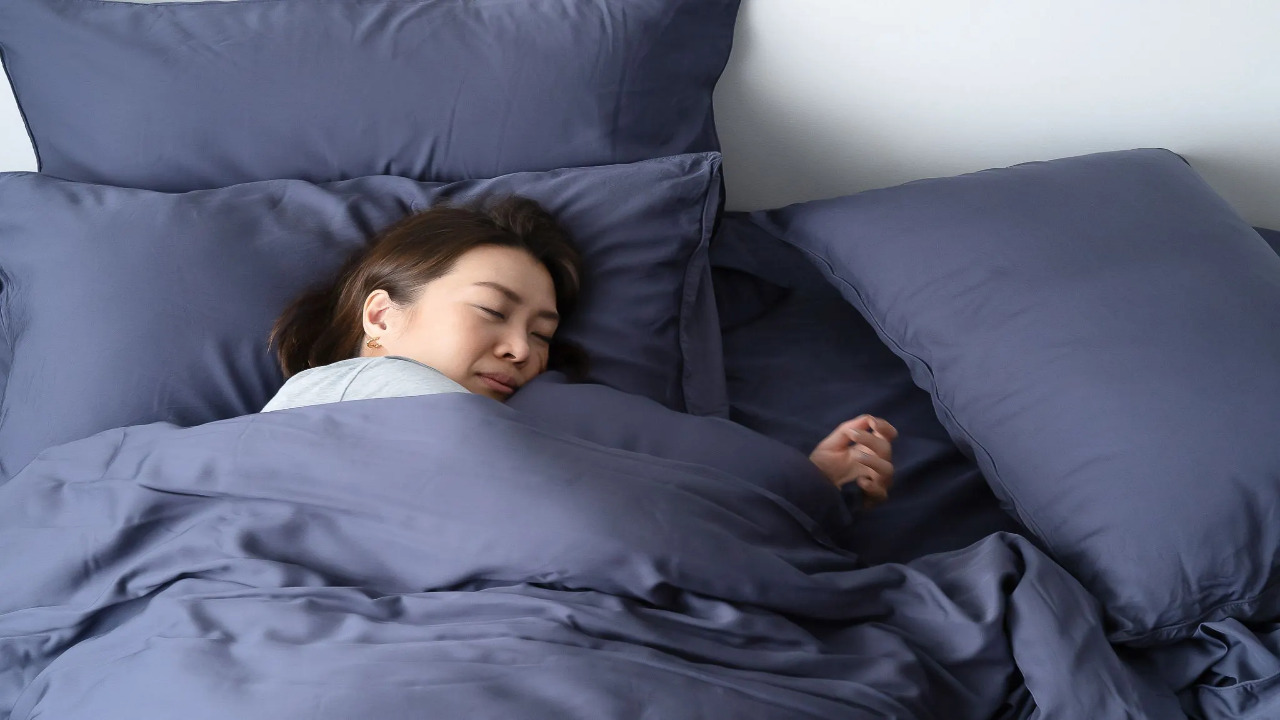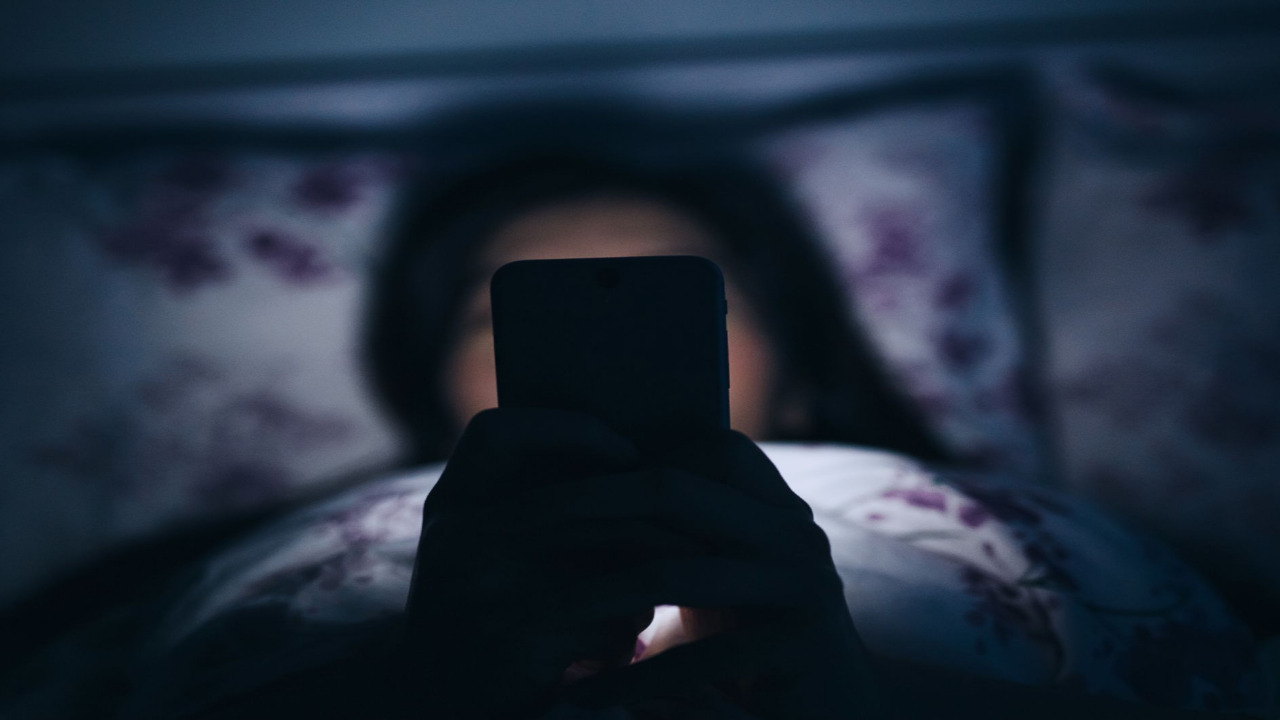

How To Improve Your Sleep Quality
Do you find it hard to get 7–8 hours of sleep every night? If so, you’re not alone. Most people struggle to achieve this elusive slumber time. If you answer yes to the above question, you might want to give some attention to your sleep schedule.
It’s important to remember that getting enough sleep is the key to good health. Poor sleeping habits can significantly affect your health and well-being. There are many ways to improve your sleep quality, e.g. making use of https://www.noinsurancemedicalsupplies.com/philips-respironics-everflo-oxygen-concentrator-without-opi/ and it’s not too late to make changes. With a bit of effort, you can enjoy a better sleep without side effects. Other methods include:
Set a bedtime and wake-up time that’s consistent with your sleep schedule

Studies have found that your ideal bedtime is directly related to how well you slept the previous day. If you’re consistently getting between 5–6 hours of sleep, you should try to time your sleep so that you get it at a reasonable time. Getting less sleep the next day can have serious long-term effects on your health and well-being.
Plan your sleep, so you get at least 7–8 hours of deep, uninterrupted sleep each night

People who sleep less than 6 hours are likely to have trouble sleeping. This might be because you’re young, you’re working full time, you have a family to take care of, or you just don’t feel well-rested when you get up. To get a good night’s sleep, you need to plan the exact amount of sleep you’ll have the next day.
Choose a bedding material that’s cool to the touch, such as cotton or silk

When you sleep on a regular schedule, your body produces endorphins to help you feel alert and happy. The temperature of the bedding should be low enough to prevent you from feeling too hot or too cold while you sleep. High heat and humidity can cause leg and hip pain.
Turn off all devices before bed, including your phone, computer, and laptop

Excessive exposure to light at bedtime can lead to sleep problems. This is because the mind and body are alert. All that light shining in your face from devices and sources other than your bed is not only keeping you from sleep, but also from getting a good night’s sleep. It’s not just about avoiding electronics in bed; it’s about avoiding light and noise in general.
What’s more, blue light from computers, smartphones, and other electronics is particularly disruptive to sleep. Research has also shown that the color red can signal to the brain that you need sleep.
Don’t drink coffee or alcohol before bed
Studies have found that caffeine and alcohol can act as stimulants, contributing to the “up-time” that you need to get enough sleep. However, caffeine and alcohol don’t help with sleep so much on their own, you want to avoid these beverages even when you’re trying to sleep. It’s when you drink them together with caffeine and alcohol that you get into trouble.

Comments are Disabled